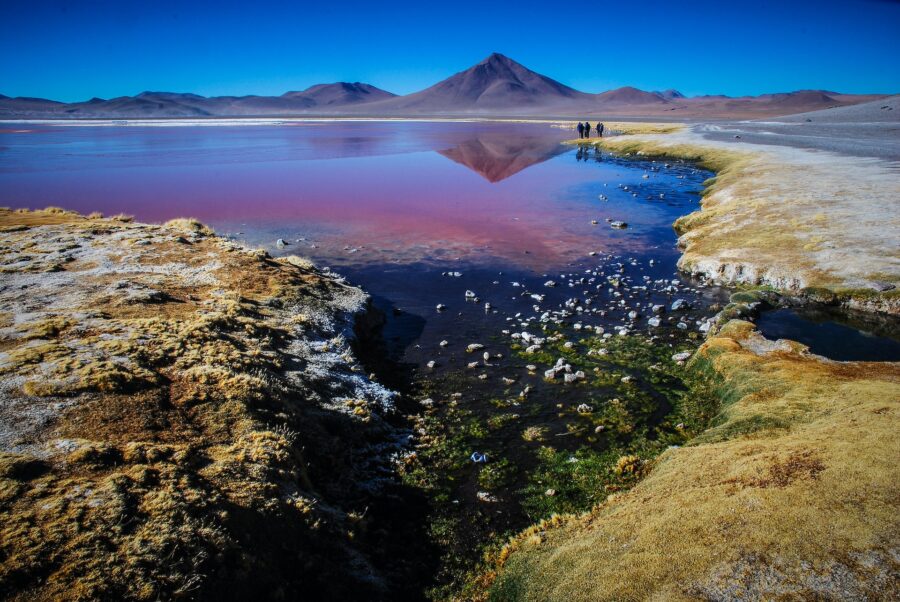It’s Now Legal To Dump Radioactive Water Into The Ocean

The idea of dumping radioactive water into the ocean may seem like a rehashed and harebrained plot from a latter-day Simpsons episode, but according to The Byte, the UN has given Japan the go-ahead to do just that. Much to the dismay of environmentalists, Japan plans to slowly dump what equates to 500 Olympic swimming pool’s worth of contaminated water into the Pacific Ocean over the next 30 to 40 years.
Radioactive water from the Fukushima power planet disaster can be disposed in the ocean near Japan according to a United Nations report.
The radioactive water has been treated and decontaminated since the 2011 Fukushima Daiichi disaster, and the UN’s International Atomic Energy Agency has gone on record stating that this would have a negligible impact on the environment.
The Fukushima Daiichi disaster occurred on March 11 2011, and was classified as a level seven nuclear accident on the International Nuclear Event Scale (INES), a classification that it shares with the 1986 Chernobyl disaster. The accident was the result of the Tōhoku earthquake and tsunami, which ultimately led to the loss of reactor core cooling, three nuclear meltdowns, three hydrogen explosions, and the release of radioactive contamination into areas surrounding the incident.
Additionally, radioactive water was inadvertently released into the ocean during and after the incident before it was able to be properly contained.

Fast forward to 12 years later, and much of the radioactive water that has been contained and stored since the incident is said to have been filtered and treated in an effort to remove its most radioactive elements. Japanese officials have gone on record stating that there is still a presence of the hydrogen isotope tritium, but continued efforts are being made to make sure that they further dilute the water to get it below the internationally-approved levels of contamination before proceeding with their plan.
In other words, the radioactive water may not have a direct impact on humans, but its impact on marine life is still being called into question because it can very well upset the food chain, which includes plants, animals, and bacteria.
The Canadian Nuclear Safety Commission has asserted that the current tritium levels are too weak to penetrate the skin, but prolonged exposure and consumption of extremely large quantities still pose cancer risks. Piggybacking off of this statement, the US Nuclear Regulatory Commission weighed in and stated that tritium exposure is more common than one would think, but acknowledged that any exposure to radiation will result in a health risk.
In other words, the radioactive water may not have a direct impact on humans, but its impact on marine life is still being called into question because it can very well upset the food chain, which includes plants, animals, and bacteria.
Critics of the proposed plan to slowly dump radioactive water into the Pacific Ocean, including environmental groups like Greenpeace, are skeptical about Tokyo Electric Power Company’s (TEPCO) efforts to fully decontaminate the water they wish to offload.
Other Nations React To The UN Report
The Chinese foreign ministry also thinks this is a terrible idea and has suggested that the UN’s report was rushed and misleading to the general public. Not parsing their words, the ministry stated that if Japan decides to take this route, then they must “bear all the consequences.”
Though the UN has given Japan approval to proceed with its plan to introduce radioactive water to the Pacific Ocean, it will ultimately be Japan’s decision to follow through with it. Even if the tritium levels are allegedly acceptable and safe for people living in the surrounding area, it’s worth noting that the Fukushima Daiichi disaster severely impacted Japan’s fishing industry, and production levels have never fully recovered to pre-disaster levels.
We can only hope that TEPCO, and Japan’s government consider all other options before making their final decision.











